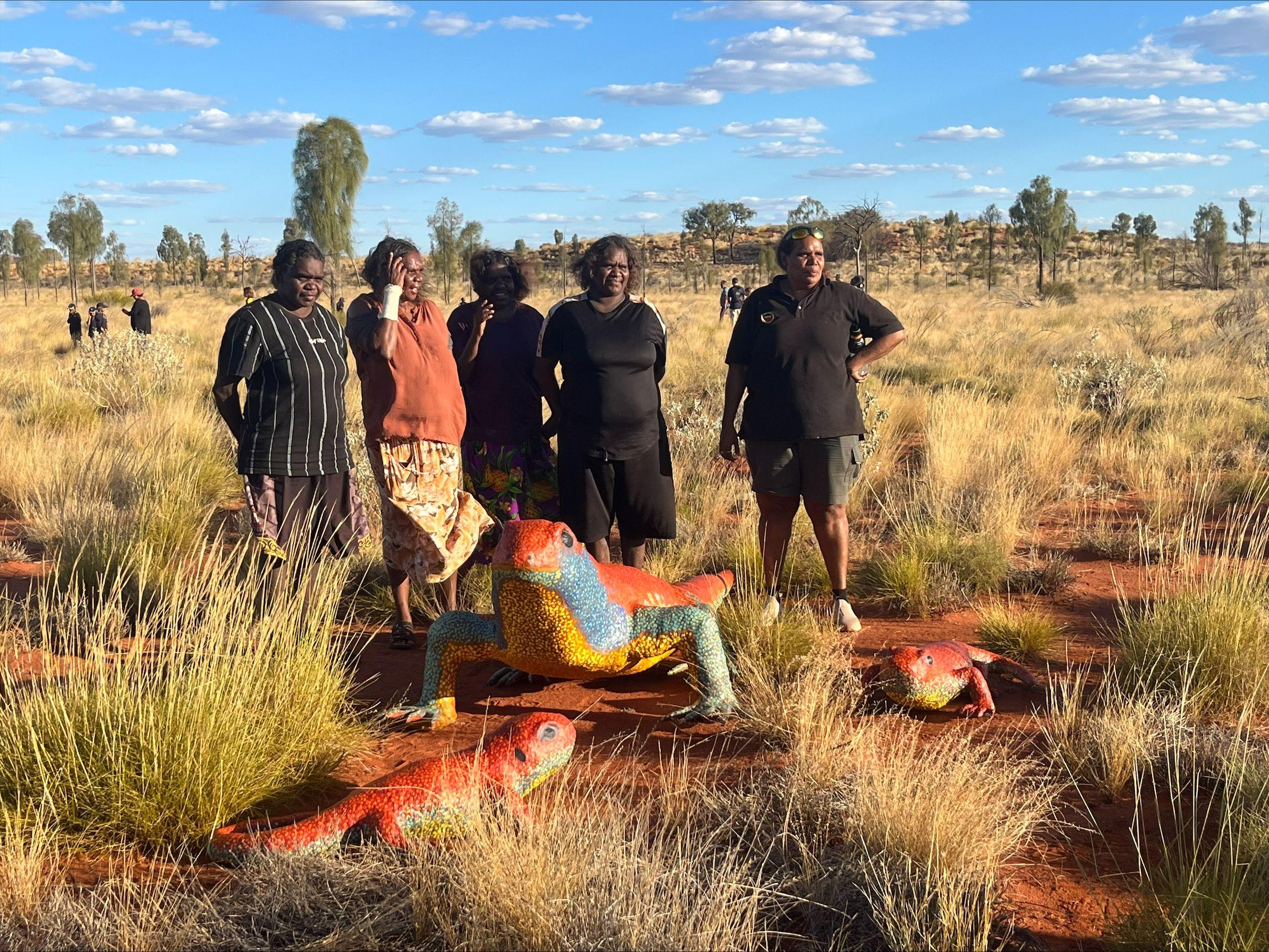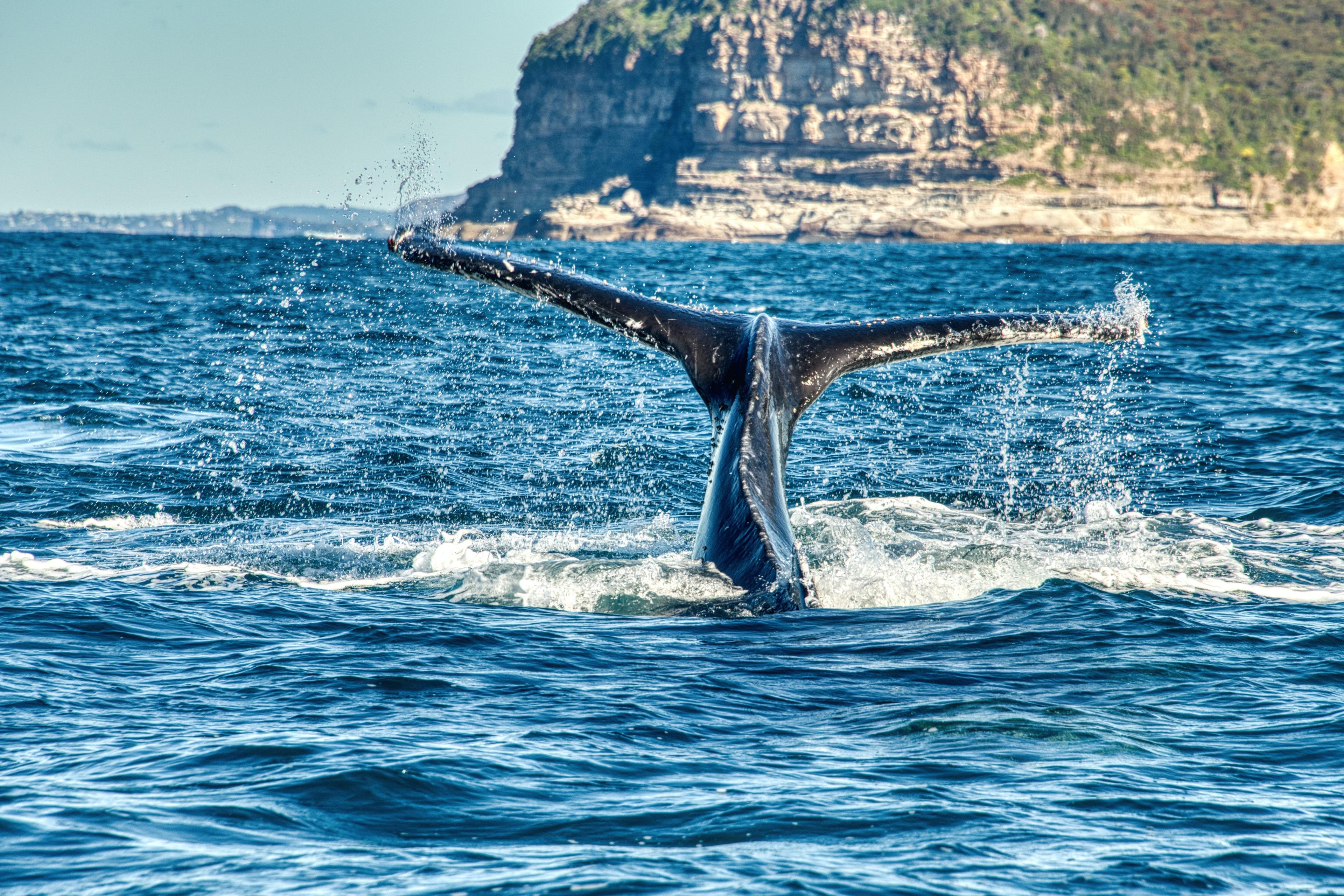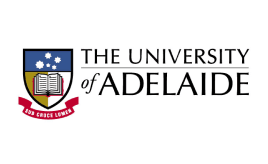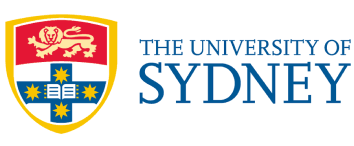Federal environmental law reform must provide protection for culturally significant species and places

Media Release
29 September 2023
Federal environmental law reform is underway. The Biodiversity Council is calling for the reforms to include protection for culturally significant species, such as humpback whales, and places.
The Biodiversity Council was founded by 11 Australian Universities and brings together leading experts, including Indigenous Knowledge holders, to promote evidence-based solutions to Australia’s biodiversity crisis.
Federal Environment Minister Tanya Plibersek has pledged to reform Australia’s environmental laws (the EPBC Act) which she admits are broken.
Aboriginal and Torres Strait Islander peoples’ rights and interests in land are formally recognised over around half of Australia’s land mass. Traditional Custodians in all parts of Australia have deep connections and cultural obligations to care for culturally important species and places.

Yuin man Dr Jack Pascoe from The University of Melbourne is the Biodiversity Council Co-chief Councillor.
“Our national legislation only provides protection to species that have declined to the point that they are threatened with extinction. This leaves many species and places of cultural importance without significant protection.
“For example, species like humpback whales are not protected by the act because they are not considered at risk of extinction. If we wait for things to reach imminent risk of extinction before we conserve them we will have very little left.

Humpback whale in Terrigal NSW. Image: Phillip Flores via Unsplash
“This is of importance to every Australian and especially to First Peoples Custodians who are culturally connected to particular species and places and have deep cultural obligations to care for them.
“In the case of whales, without the protection of the act, significant threats such as seismic surveys, impact whale individuals and populations. Seismic blasting presents a risk to whales and the cultural stories and lore they hold.
“Humpback whales are of incredible importance to many First Peoples around Australia, including Yuin people, who call them Gurawul,” Dr Pascoe said.
The Biodiversity Council recommend that the current reforms of the EPBC Act include the ability for Traditional Custodians to list culturally significant species and places to ensure that Traditional Custodians can fulfil their ongoing connection with and care for species.
The call comes as the Federal court recently required Woodside to halt seismic surveys in Scarborough, due to failure to adequately consult Traditional Custodians who are concerned about the potential impact of the surveying on sea life, including whales which carry Indigenous songlines.














